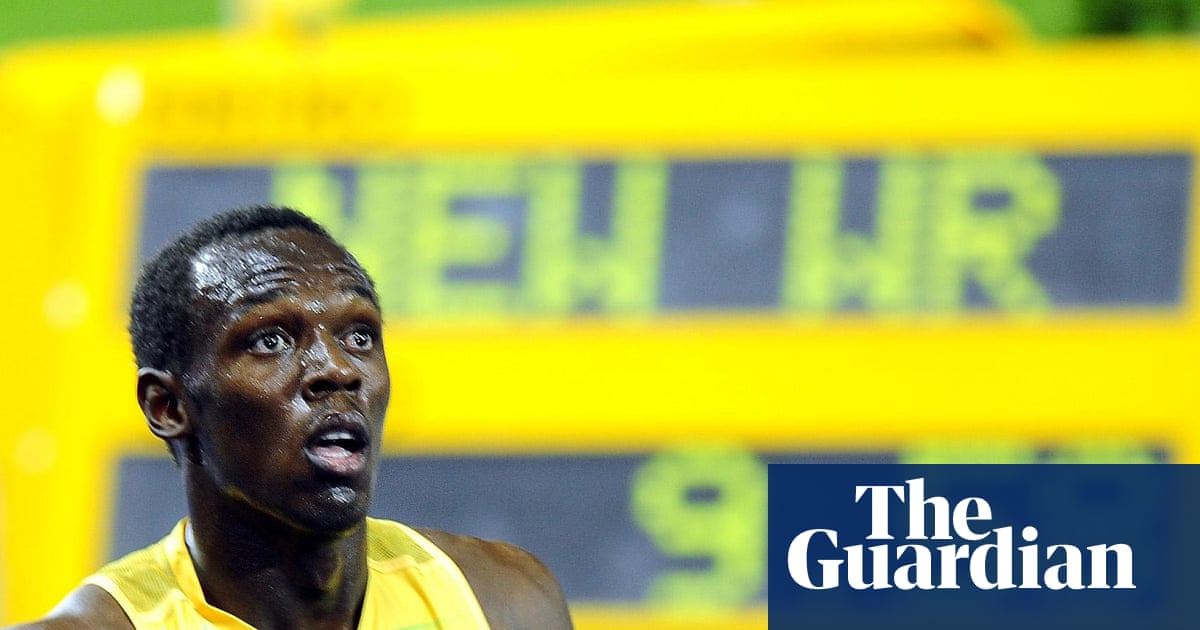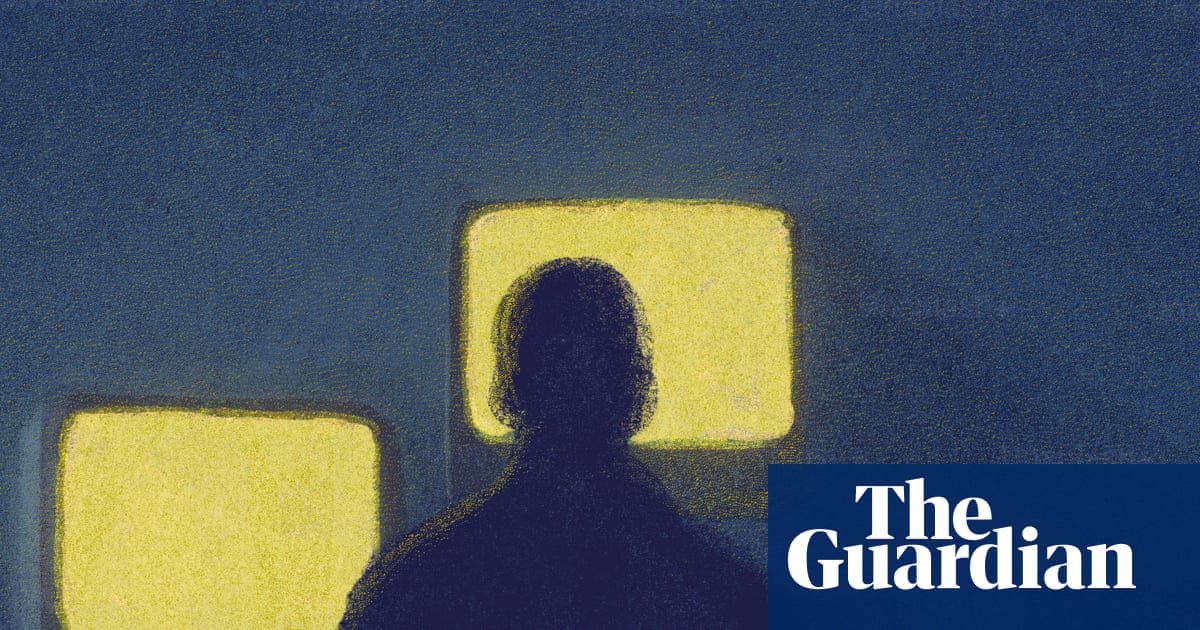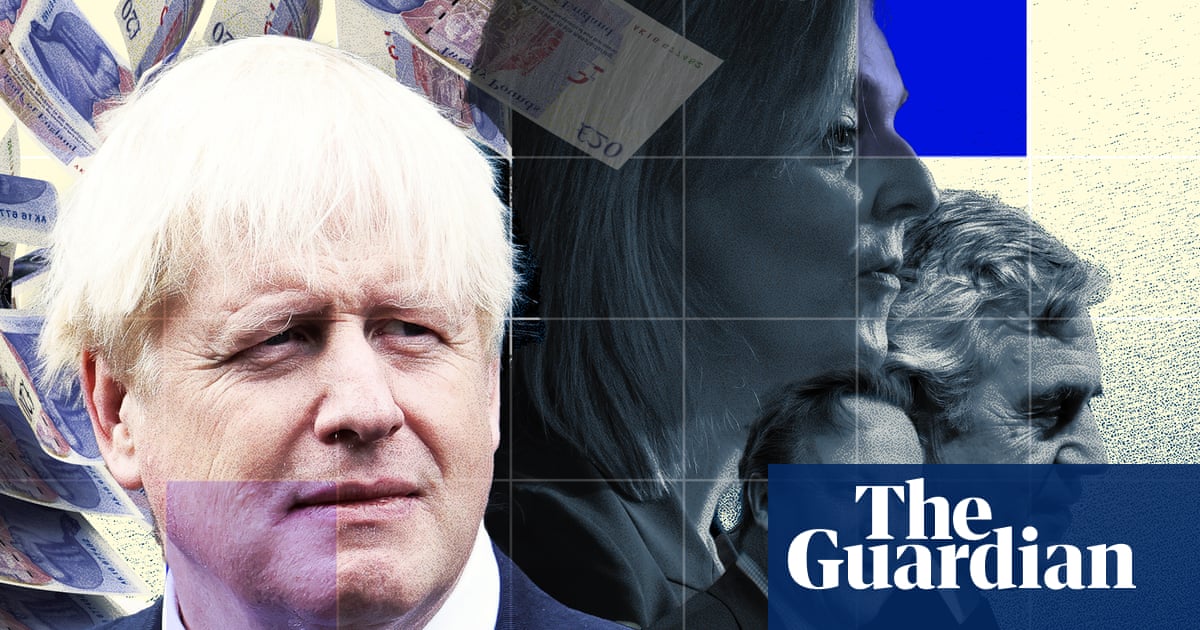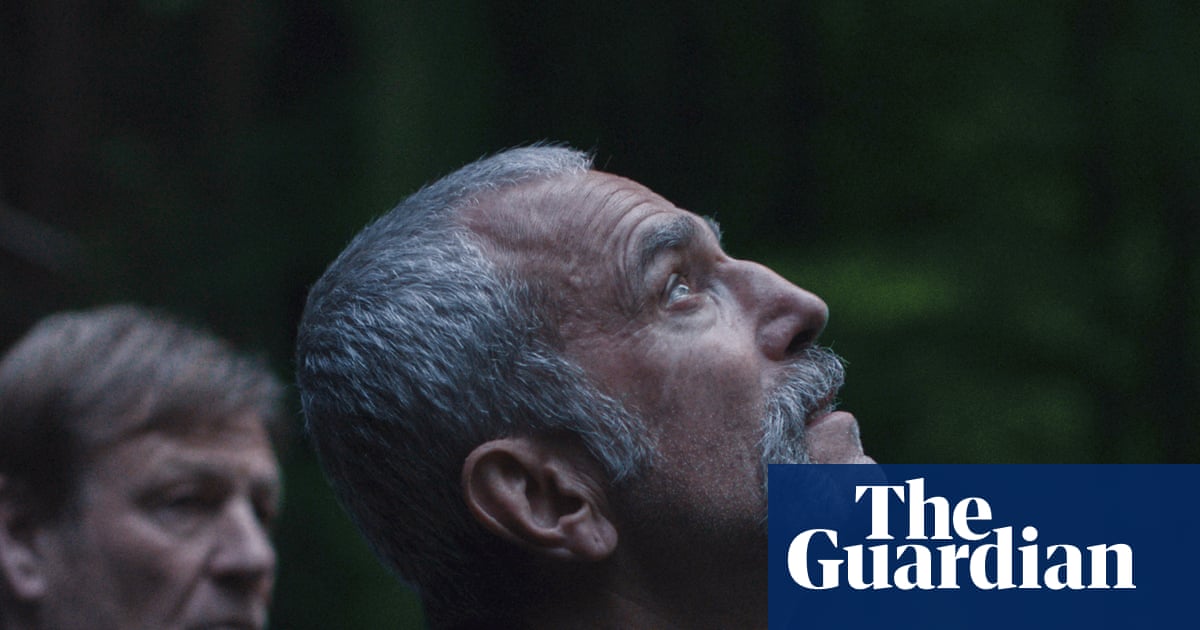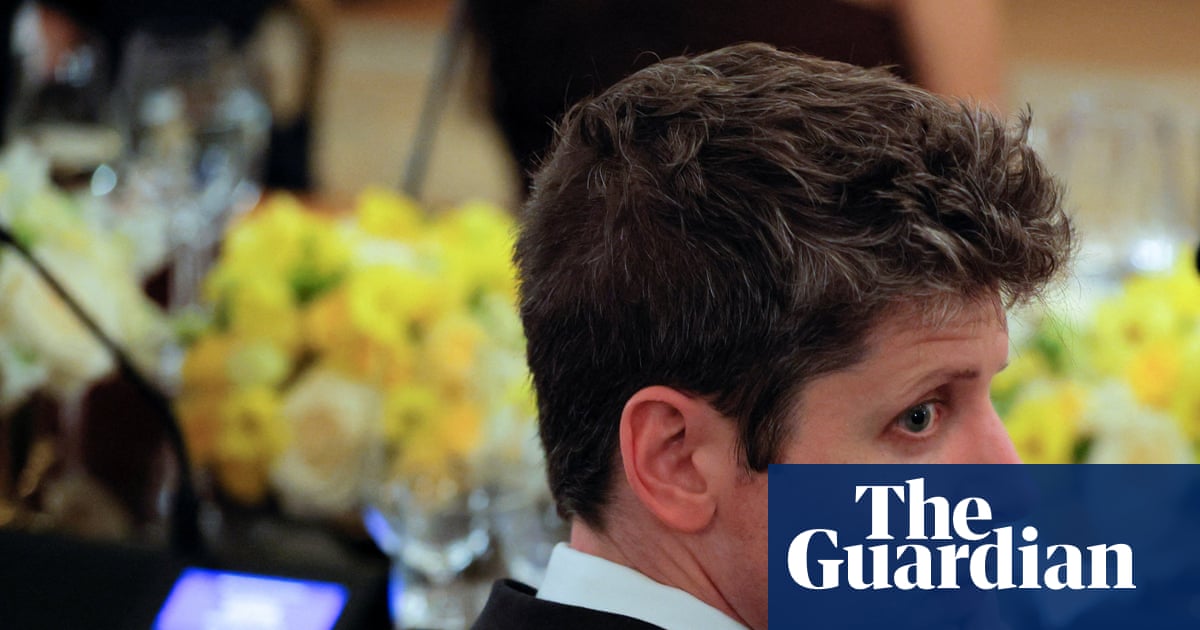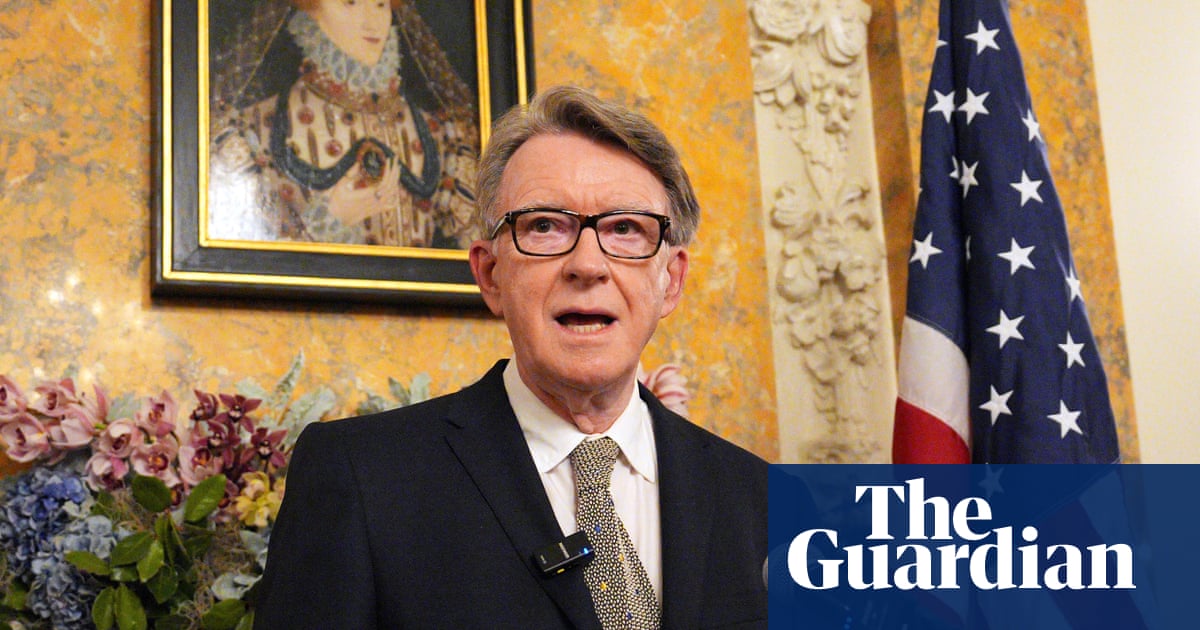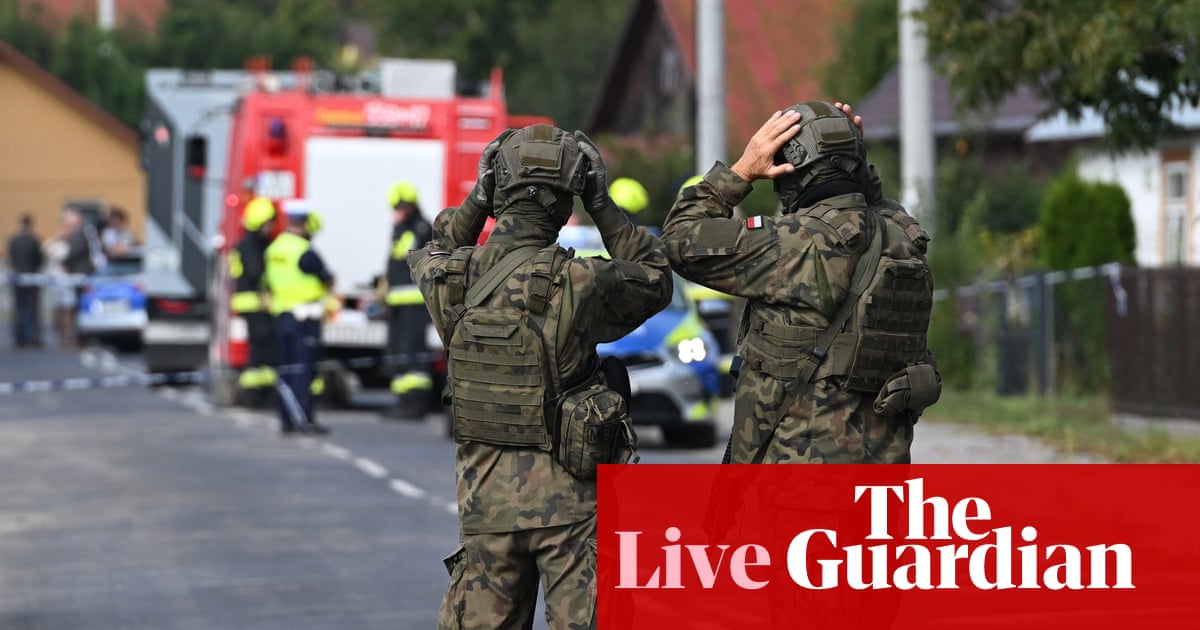Broadcasters across Europe are challenging the Eurovision song contest voting system, after an overwhelming public vote in favour of Israel’s entry saw it narrowly miss out on victory in a tense finale on Saturday. The contest was ultimately won by Austria’s JJ with Wasted Love.
Finland’s Yle Entertainment said: “We will ask the European Broadcasting Union (EBU) whether it is time to update these rules or at least review whether the current rules allow for abuse.” Spain’s public broadcaster called for a “complete review” to avoid “external interference”.
Ireland’s RTÉ has requested a breakdown of the numbers, and the Netherlands and Iceland are also among those to have raised issues. Director of the competition, Martin Green, said it is taking the concerns “seriously”.
Israel’s song, New Day Will Rise, submitted by the Israeli public service broadcaster Kan, comprehensively won the public part of the vote, after scoring points from 34 of the 38 national and international phone votes. Its performer, Yuval Raphael, was a survivor of the terror assault on the Nova musical festival.
The previous Israeli entry finished second in the public vote, earning fifth place in the 2024 contest. Kan had previously been forced to change the lyrics of entry October Rain, which was deemed to directly reference the 7 October 2023 Hamas attack inside Israel. Performer Eden Golan instead sung the retitled Hurricane.
Public Spotify and YouTube streaming data shows that Raphael’s track lags far behind other competitors in terms of popularity. New Day Will Rise was the 19th most popular song from this year’s competition on Spotify in the week of the event, yet scored the maximum douze points from 13 national public votes.
Israeli government social media channels have been encouraging people to vote for its representative the maximum 20 times permitted. The Israeli embassy in London posted to social media during the final, encouraging people to vote 20 times for Raphael.

The Israeli marketing appears to encourage people to submit multiple votes without even having listened to the song or watched the show. This is not currently against Eurovision’s rules.
Belgium’s broadcaster VRT provided data to community news site Songfestival.be which also appeared to show a disparity between numbers of viewers and voters. Their statistics indicated that the number of votes cast from Belgium had increased from 1.3m in 2023, to 2m in 2024 and then 2.2m in 2025. However, the show had only about half as many viewers in 2025 as in 2023, as Belgium did not make the final.
Dutch broadcaster AvroTros issued a statement this week saying that it attaches “great importance to the apolitical and binding value of the Eurovision song contest” but that it is “increasingly influenced by social and geopolitical pressures”.
The results have delighted some quarters. The Jewish Chronicle described the 2025 result as a “rebuff” to anti-Israeli activists and media pundits, writing that “Eurovision fans ignored the relentless campaigning against the Jewish state”.
Ewan Spence, senior editor at ESC Insight, which reports on Eurovision all year round, told the Guardian that there are potential issues with any future Israeli victory while the Gaza conflict continues. “If Kan wins the Eurovision song contest under the Israeli flag, it would be expected to host the following year, which would raise significant security challenges.
“If the contest had to be hosted elsewhere in partnership, the reputation of Eurovision inside Israel would be damaged, and the co-host broadcaster taking on that challenge would face reputational PR issues.”
German broadcaster ARD would most likely be the first port of call for the EBU approaching someone to co-host alongside Israel, the way the UK co-hosted on behalf of Ukraine in Liverpool in 2023. However, Benjamin Netanyahu’s administration, which has been seeking to privatise Kan, would almost certainly apply pressure for the contest to take place in Israel itself. Broadcasters would be under pressure to boycott a contest hosted or co-hosted by Israel while the conflict in Gaza continued.

Some in the Eurovision community believe the contest has been affected by changes made by the EBU to accommodate Israel’s participation. The volume of the crowd in the arena appears to be mixed lower now, to prevent TV broadcasting boos for Israeli acts or pro-Palestinian slogans, and stricter rules were brought in on fans having flags inside the arena. There was a security incident during Raphael’s performance that led to a Eurovision staff member being hit with paint, and on the day of the contest pro-Palestinian demonstrators clashed with police in the centre of host city Basel.
Spence said: “If Kan had won Eurovision on Saturday, the song contest would have faced an increased loss of engagement from community media and the wider fanbase.”
Spanish prime minister Pedro Sánchez explicitly called on Israel to be expelled from Eurovision on Monday, directly comparing the situation with that of Russia’s exclusion from international events, saying: “[Russia] had to leave international competitions and could not take part … Therefore Israel shouldn’t either, because what we cannot allow is double standards in culture.”
The EBU has been contacted for comment.

 3 months ago
54
3 months ago
54

